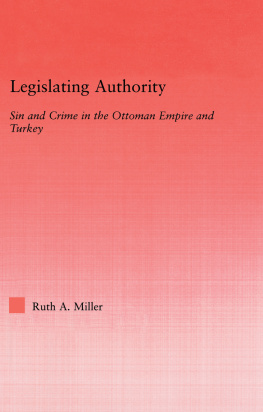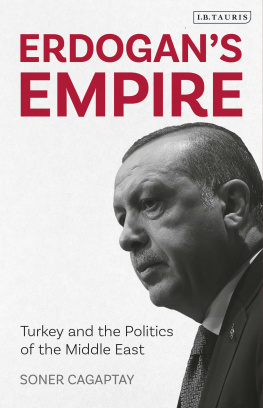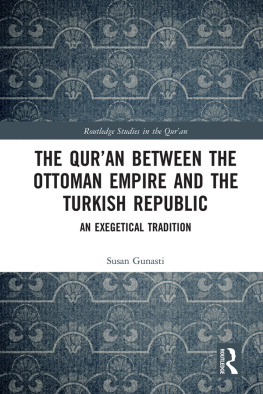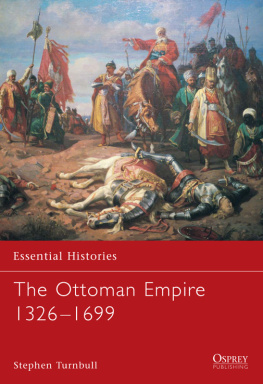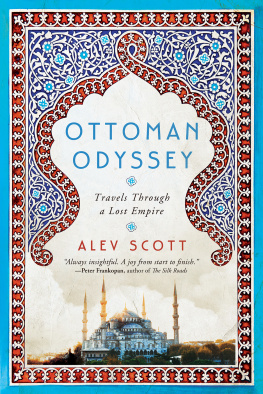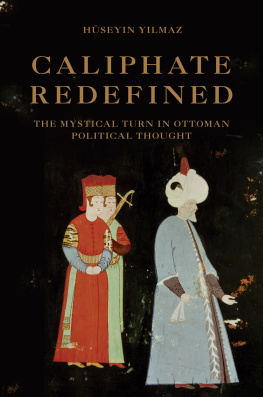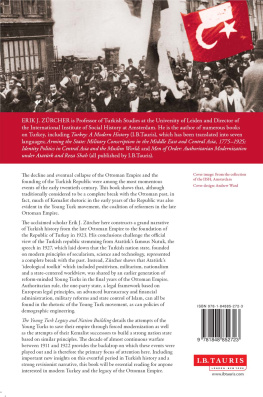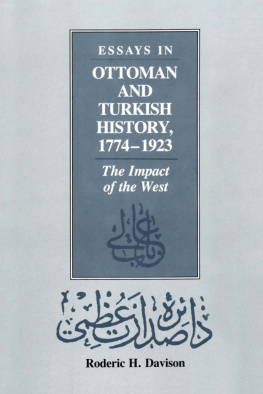MIDDLE EAST STUDIES
HISTORY, POLITICS, AND LAW
Edited by
Shahrough Akhavi
University of South Carolina
A Routledge Series
Middle East Studies: History, Politics, and Law
SHAHROUGH AKHAVI, General Editor
NEW PYTHIAN VOICES
Women Building Political Capital
in NGOs in the Middle East
Cathryn S. Magno
TURKEY IN GERMANY
The Transnational Sphere of Deutschkei
Betigl Ercan Argun
ISLAMIC LAW, EPISTEMOLOGY
AND MODERNITY
Legal Philosophy in Contemporary Iran
Ashk P. Dahln
GENDER, LITERACY,
AND EMPOWERMENT IN MOROCCO
Fatima Agnaou
TRAPPED BETWEEN THE MAP
AND REALITY
Geography and Perceptions of Kurdistan
Maria T. O'Shea
KURDISH NATIONALISM
AND POLITICAL ISLAM IN TURKEY
Kemalist Identity in Transition
mer Tapinar
ORGANIZATIONS, GENDER, AND THE
CULTURE OF PALESTINIAN ACTIVISM
IN HAIFA, ISRAEL
Elizabeth Faier
PALESTINIAN IDENTITY
IN JORDAN AND ISRAEL
The Necessary 'Other' in the Making
of a Nation
Riad m. Nasser
STRATEGIES OF RESISTANCE
IN THE DRAMATIC TEXTS
OF NORTH AFRICAN WOMEN
Body of Words
Laura Chakravarty Box
ISLAM, DEMOCRACY,
AND THE STATUS OF WOMEN
The Case of Kuwait
Helen Mary Rizzo
LEGISLATING AUTHORITY
Sin and Crime in the Ottoman Empire
and Turkey
Ruth A. Miller
LEGISLATING AUTHORITY
SIN AND CRIME IN THE OTTOMAN EMPIRE AND TURKEY
Ruth A. Miller
Published in 2005 byRoutledge
Taylor & Francis Group
270 Madison Avenue New York, NY 10016
Published in Great Britain byRoutledge
Taylor & Francis Group
2 Park SquareMilton Park, Abingdon Oxon, OX14 4RN
2005 by Taylor & Francis Group, LLC
Routledge is an imprint of Taylor & Francis Group.
International Standard Book Number-10: 0-415-97155-1 (Hardcover)
International Standard Book Number-13: 978-0-415-97155-3 (Hardcover)
Library of Congress Card Number 2005001384
No part of this book may be reprinted, reproduced, transmitted, or utilized in any form by any electronic, mechanical, or other means, now known or hereafter invented, including photocopying, microfilming, and recording, or in any information storage or retrieval system, without written permission from the publishers
Trademark Notice: Product or corporate names may be trademarks or registered trademarks, and are used only for identification and explanation without intent to infringe.
Library of Congress Cataloging-in-Publication Data
Miller, Ruth Austin.
Legislating authority: sin and crime in the Ottoman Empire and Turkey / Ruth A. Miller.-- 1st ed.
p. cm. -- (Middle East studies: history, politics, and law)
Includes bibliographical references and index.
ISBN: 0-415-97510-7
1. Criminal law--Turkey--History. 2. Criminal justice, Administration of--Turkey--History. 3. Criminal law (Islamic law) I. Title. II. Series: Middle East studies (Routledge (Firm))
KKX3800.M55 2005
345.561--dc22
2005001384
Visit the Taylor & Francis Web site at
http://www.taylorandfrancis.com
and the Routledge Web site at
http://www.routledge-ny.com
This book grew out of a dissertation written for the Near Eastern Studies Department at Princeton University, and I am indebted to the department for its material and intellectual support. I am particularly grateful to kr Haniolu and Michael Cook for their guidance and encouragement as I conducted my research. I would also like to thank Abraham Udovitch, Negin Nabavi, and Heath Lowry for their insightful comments on the finished dissertation.
I am similarly grateful to my colleagues in the History Department at the University of Massachusetts, Boston, who have provided a congenial environment in which to continue my scholarship. Woodruff Smith especially has been unfailing in his support of my work, while David Hunt and Lester Bartson have made me feel more than welcome in the department as a whole.
Tom Green at the University of Michigan spent a great deal of time commenting on an early version of the book manuscripthis advice and his suggestions have been invaluable to me as I have revised and reformulated my argument. Shahab Ahmed, Jocelyn Sharlet, Kristin Jensen, and John Parry have all likewise given me excellent advice on all or part of the manuscript.
Finally, I would be remiss if I did not mention Miles and Betsy Miller, who have been patient, sympathetic, and understanding throughout the entirety of this process.
There has been a great deal of debate among historians of the modem Middle East surrounding the regions nineteenth and twentieth century legal transformation. The role of This book will not be discussing any of these issues.
Instead, the following chapters will be looking at the discourse of law in and of itselflaw as it was understood apart from its social context. Some would argue that separating law, in this case Islamic law, from the dynamic environment in which it grew up essentializes it, and that adopting this approach is both politically and intellectually irresponsible. Over the nineteenth and twentieth centuries, however, Ottoman and Turkish law was in fact detached from its social context. It did become essential. Andmore to the pointit was deliberately made so.
This does not mean, of course, that Ottoman law was not changing and had not changed over the preceding five centuries. It changed in the eighteenth century, in the seventeenth century, and, for that matter, in the fourteenth century as well. But in the nineteenth century, the character of this change was different. Whereas before there were periods of centralization and decentralization, periods of secularization and call it de-secularization, periods in which kadis (judges of Islamic law) held sway and periods in which governors held sway, in the nineteenth century the primary characteristic of legal change was the law's increasing abstraction. The other trends that I mentioned came into play in the nineteenth century as wellindeed, they performed key roles in the creation of an abstract system of lawbut the overall legal trend from 1839 onward was the system's movement away from the concrete.
What exactly do I mean by an abstract system? First of all, it is a system divorced from its social relevance. Second, it is a system in which purity of function or purity of idea is more important than utility of function or utility of idea. Finally, in the context of criminal law, it is a system in which crime is purely discursive.victimless crimes, which defined the boundaries of social morality. But in 1839, the year in which the Ottoman government set out to "reorganize" itself, these two categories began to collapse into discursive crime, which defined only the legal system against which they had been committed.
It goes without saying that the Ottoman legal system was not the only one undergoing this change in the nineteenth and twentieth centuries. In The transformation of the Ottoman legal system can therefore be seen as something of a case study. The ways in which this transformation occurred, however, and its implications are unique.

